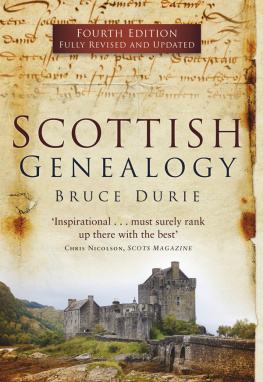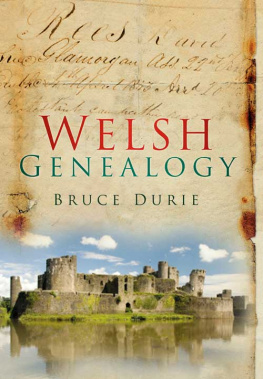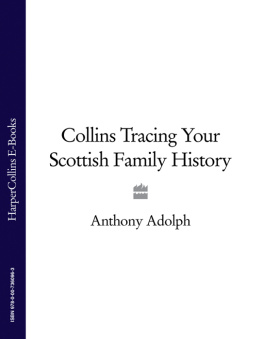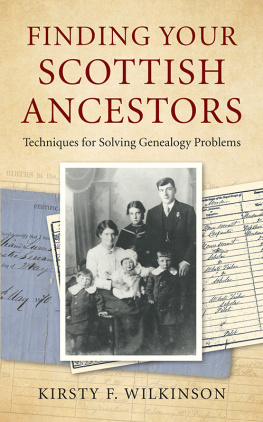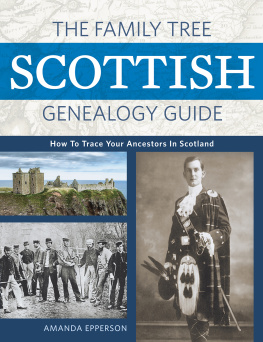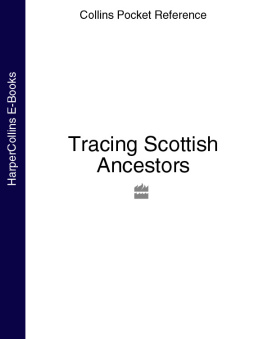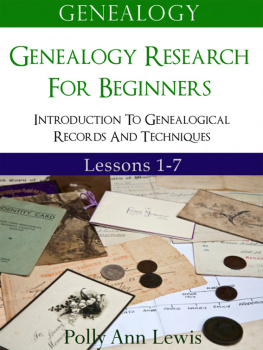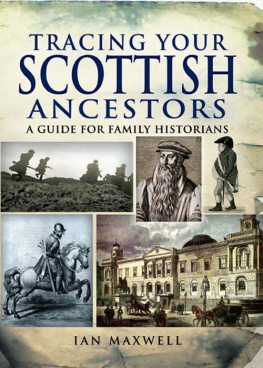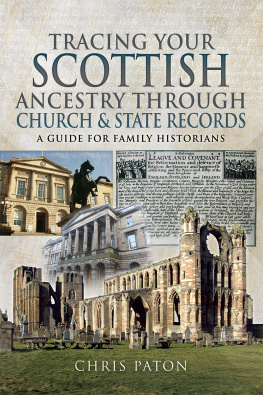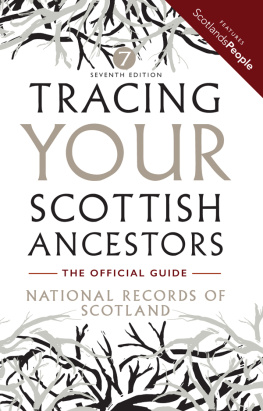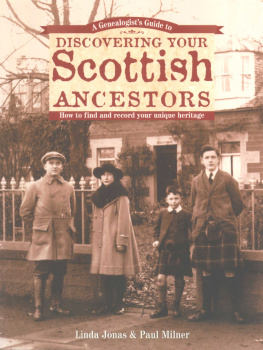

It was the fashion among the wits and philosophers of last century to throw ridicule on the subject of pedigree; and the sarcasms of Voltaire, Walpole, and Chesterfield may in a measure be excused, when we take into account the mixture of pedantry, fiction, and flattery which in their day so largely usurped the place of historical truth. Since that time, however, genealogical studies have entered on a new phase A race of learned and accurate investigators have sprung up, who, approaching genealogy in a critical spirit, have brought entirely new resources to bear on it. Rejecting all that is not borne out by authentic evidence, they have applied themselves to the patient examination of the national records, the archives and chronicles of the monasteries, and the contents of private charter-chests. Each source has yielded its quota of facts, and these facts have been woven into genealogical biographies. Heraldry itself, after having been abandoned to coach-painters and undertakers, has again come into favour, having been found to be a valuable, if not indispensable aid to the knowledge both of family and of national history In this change which has come over the spirit of genealogy, it is pleasant to find that Scotland, once notorious for looseness and credulity in matters of pedigree, has taken a prominent part.
Popular Genealogists or The Art of Pedigree-Making by George Burnett (182290), Lyon Depute at the Court of the Lord Lyon 186366, Lord Lyon King of Arms until his death in 1890 (Edinburgh: Edmonston and Douglas, 1865).
First published 2009
This edition 2017
The History Press
The Mill, Brimscombe Port
Stroud, Gloucestershire, GL5 2QG
www.thehistorypress.co.uk
Bruce Durie, 2009, 2010, 2012, 2017
The right of Bruce Durie to be identified as the Author of this work has been asserted in accordance with the Copyrights, Designs and Patents Act 1988.
All rights reserved. No part of this book may be reprinted or reproduced or utilised in any form or by any electronic, mechanical or other means, now known or hereafter invented, including photocopying and recording, or in any information storage or retrieval system, without the permission in writing from the Publishers.
British Library Cataloguing in Publication Data.
A catalogue record for this book is available from the British Library.
ISBN 978 0 7524 8847 9
Typesetting and origination by The History Press
Printed in Great Britain
eBook converted by Geethik Technologies
Contents
Preface
This book emerged from courses in genealogy, family history, heraldry, palaeography and related subjects at the universities of Strathclyde and Edinburgh in Scotland, and Guelph in Canada, and talks given elsewhere, particularly on lecture tours around the USA. It is not a list of sources, although a great many sources are mentioned. There are other places to get lists of books, archive holdings and websites. It is, rather, intended as a working manual for genealogists with an interest in Scottish records and family history, firmly based in the praxis of a genealogical researcher and educator, with worked examples, templates and methodologies. It is aimed at all those interested in pursuing proper research into Scottish records and archives for genealogical purposes. This includes:
anyone wishing to trace ancestors of a particular person of Scottish descent, including the vast numbers in countries which accepted the Scottish diaspora principally the USA, Canada, Australia, New Zealand, southern Africa and India.
archivists, librarians, registers and others who guide the use of records and archives.
those with a professional interest in Scottish genealogy lawyers, records agents, researchers in archives and, of course, genealogists.
anyone needing a suitable textbook for a preparatory course on Scottish genealogy.
There are subjects here not routinely covered in most introductory genealogy books for instance, the interpretation of medieval documents, Latin inscriptions and palaeography. Where possible and relevant, parallels and differences have been drawn between Scottish genealogy and that of England, Ireland and other countries. As the basic family history sources censuses, vital records and the various registers of property, electors and membership become widely available, genealogists will seek to push their research further back in time to the 1500s and earlier. There is much in this book which, with luck, will be of wider interest than the records of Scotland, but as these are so rich and go back so far, there is a great deal every genealogist can learn from their study and careful application.
Finally, thanks are due to the staff of the National Records of Scotland (particularly for the use of images), The National Archives, Kew, many local libraries and archives, and to the numerous long-suffering university colleagues and family members who put up with the process of authorship.
To quote an old Scots toast, particularly appropriate to the study of those long gone:
Heres tae us
Whas like us?
Dam few
And theyre all deid!
Introduction
History is the great destroyer it destroys reputations, illusions, myths and vanities; it reminds us that we are all mortal, and passing; it teaches us that we have little control over our actions and their consequences, our destinies and even our motives. We have no hand in choosing our ancestors, and little sway over our descendants choices of friends and spouses. Each of us is the product of our genes, our immediate family environment, our society and the influence of the wider world. Even our deepest-held beliefs, prejudices and bigotries dissolve when put under the microscope of history, and our seemingly complex human world is much like an ant colony when viewed from a sufficient distance. But where genealogy differs from history per se is that it moves the focus away from the grand sweep of civilisations and larger social groups to the lives and actions of individuals and immediate families. It is often as far from the Great Man view of history the way it used to be taught (lists of kings and battles) as a cat is from a queen. Those interested in history itself often find it is best illuminated when seen through the life of one person, an ancestor with whom we have some commonality of feeling, by virtue of no more than a shared surname or location, a half-remembered family story.
Most people led quiet, blameless lives and left very few traces. Almost all sources of biography come from collision with the authorities. This could be for purposes of registration (birth, marriage, death, census, taxes, poor relief etc.) or for legal reasons, whether criminal (arrests, trials, executions, witness statements) or civil (lawsuits, divorce, wills, property transfers). All of these generate records, which may still exist in some form, or at least as indexes or abstracts.
Scotland has arguably the most complete and best-kept and certainly the most comprehensively digitised set of vital records, land registers and other documents on the planet. This stems from the ancient Scottish tradition of writing everything down (especially property transfers and inheritances), and the nations unreasonable love of lawyers. But it has served us well. Being a small country, the set of records available is approximately one-tenth of that of England, and therefore of manageable proportions. Scottish genealogy is, to that extent, easier. However, there is far more to Scottish genealogy than merely searching for vital data in the old parish registers (OPRs baptism, marriage and burial records from the 1560s to the 1850s) and statutory records (births, marriages and deaths from 1855 and the decennial censuses from 1841).
Next page
